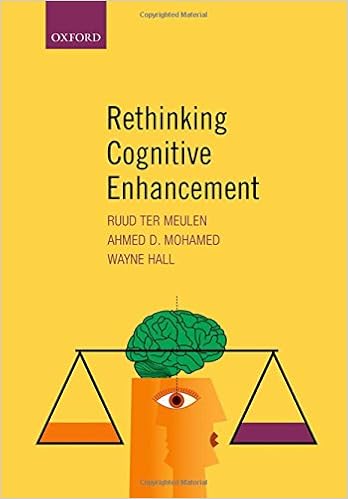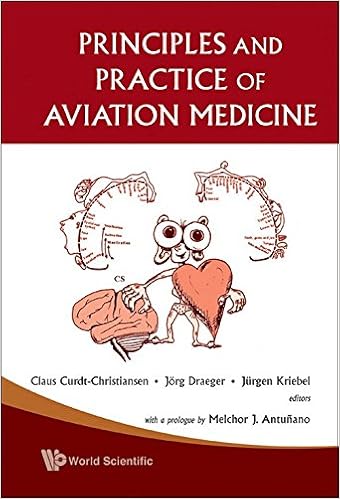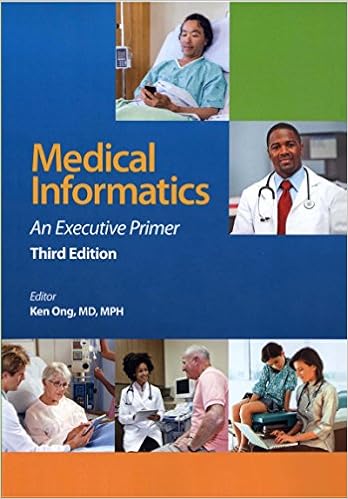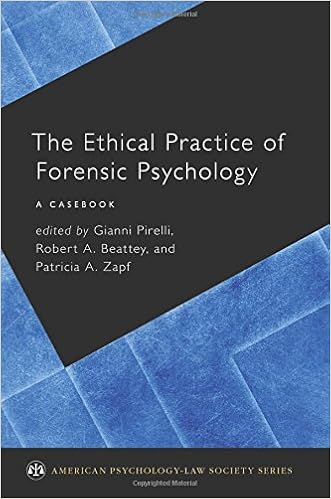
By Ruud ter Meulen, Ahmed Mohammed, Wayne Hall
There was a lot contemporary pleasure among neuroscientists and ethicists in regards to the probability of utilizing medicinal drugs, in addition to different applied sciences, to augment cognition in fit participants. This pleasure has arisen from fresh advances in neuroscientific applied sciences resembling medicinal drugs that elevate alertness and wakefulness in fit participants or applied sciences which can stimulate task in numerous elements of the mind - both through the scalp or through electrodes - elevating the opportunity of generating cognitive and affective advancements in differently fit contributors. regardless of this growing to be curiosity, there are conflicting perspectives at the ethics of cognitive enhancement. a few argue that enhancement isn't just a moral pursuit yet one who we've got an ethical legal responsibility to pursue. Others are extra skeptical concerning the moral implications and long-term results of cognitive enhancement. a few neuroscientists argue that use of stimulants as putative enhancers will bring about misuse, abuse and habit in a few clients, and can have bad long term results. This e-book significantly explores and analyses the medical and moral debates surrounding cognitive enhancers. together with contributions from neuroscientists, neuropsychopharmacologists, ethicists, philosophers, public future health pros, and coverage researchers, the e-book deals a multidisciplinary, serious attention of the ethics of using cognitive enhancers
Read or Download Rethinking cognitive enhancement PDF
Best administration & policy books
Principles And Practice Of Aviation Medicine
The publication presents an up to date evaluate of the background of aviation drugs and the improvement of scientific specifications for licensing. additionally the physiological starting place for flight, the body structure of the sensory organs, publicity to cosmic radiation, the preventative facets of aviation drugs, the function of clinical components in coincidence research, and passenger overall healthiness matters are coated.
Medical Informatics: an Executive Primer, Third Edition
This 3rd version of HIMSS' award-winning, bestseller explores how clinicians, sufferers, and health and wellbeing IT stakeholders are taking part to help high-value care via health and wellbeing IT. scientific Informatics: An govt Primer maintains to discover info applied sciences utilized in clinic settings, on the physician's workplace and in sufferers' houses to supply high-value sufferer care.
Rethinking cognitive enhancement
There was a lot fresh pleasure among neuroscientists and ethicists concerning the chance of utilizing medicinal drugs, in addition to different applied sciences, to reinforce cognition in fit participants. This pleasure has arisen from contemporary advances in neuroscientific applied sciences akin to medications that bring up alertness and wakefulness in fit contributors or applied sciences which may stimulate task in numerous elements of the mind - both through the scalp or through electrodes - elevating the potential for generating cognitive and affective advancements in another way fit members.
The ethical practice of forensic psychology : a casebook
Few assets exist for these attracted to constructing their specialist competence vis-à-vis ethics in forensic psychology, with the newest textual content being released greater than a decade in the past. in spite of the fact that, forensic psychology is altering quick and there's a desire for a present advisor on ethics in the box.
- Leveraging data in healthcare : best practices for controlling, analyzing, and using data
- The CDA TM book
- When Doctors Become Patients
- Assisted Suicide: The Liberal, Humanist Case Against Legalization
Additional info for Rethinking cognitive enhancement
Sample text
2001. Human dignity in bioethics and biolaw. Oxford: Oxford University Press. Boorse, C. 1977. Health as a theoretical concept. Philosophy of Science 44:542–73. References Boseley, S. 2014. £200,000 “smart” drugs seizure prompts alarm over rising UK sales. The Guardian 24 October 2014. Bostrom, N. (2005a). A history of transhumanist thought. Journal of Evolution and Technology 14(1):1–27. Bostrom, N. (2005b). In defense of posthuman dignity. Bioethics 19:202–14. Bostrom, N. (2008). Dignity and enhancement.
New York and London: Norton & co. Engelhardt, H. T. 1974. The disease of masturbation: values and the concept of disease. Bulletin of the History of Medicine 48:234–48. Engelhardt, H. T. 1996. The foundations of bioethics, 2nd ed. Oxford: Oxford University Press. Fukuyama, F. 2003. Our posthuman future: Consequences of the biotechnology revolution. London: Profile Books. Furlan, P. , M. J. Kallan, and T. T. Have. 2004. SSRIs do not cause affective blunting in healthy elderly volunteers. American Journal of Geriatric Psychiatry 12(3):323–30.
However, there is little scientific evidence that this is the case. For example, as many chapters in this volume demonstrate, the benefits of using cognitive drugs like Ritalin, Aderall, and modafinil are hardly proven, while the risks of using these drugs are quite substantial. ” Amphetamine, methylphenidate, and modafinil improve primarily motivation and vigilance. There is some evidence that metylphenidate (Ritalin) may improve some aspects of memory (Repantis et al. 2010), executive functions, and working memory (see Chapter 3 by de Jongh in this volume).


